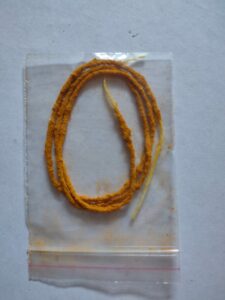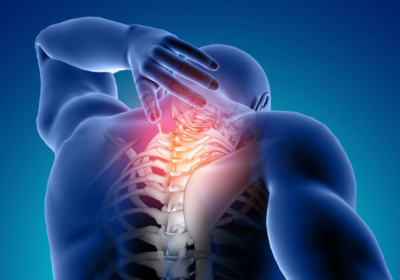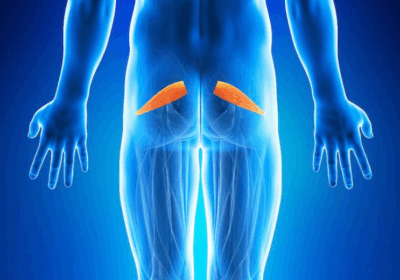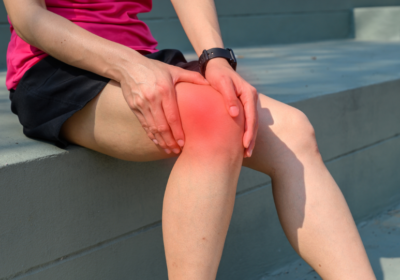AYURVEDIC TREATMENT FOR ANAL FISTULA
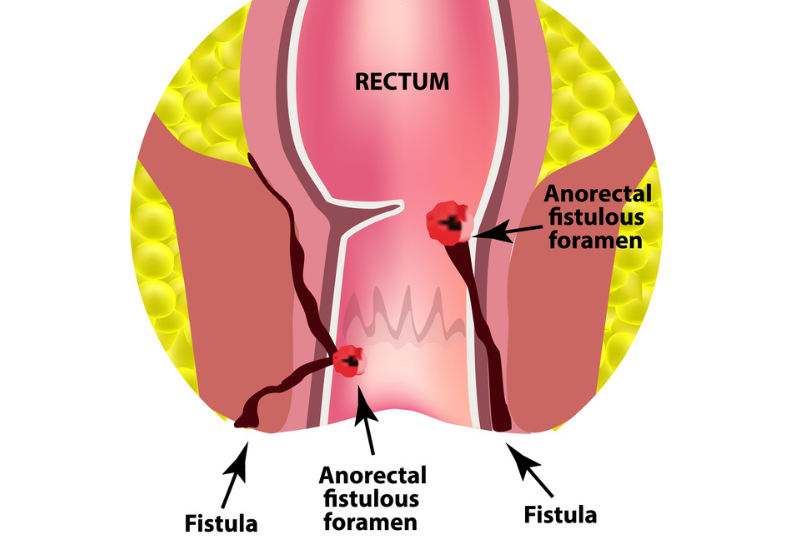
What is anal fistula?
Fistula-in-ano is an infected tract which develops connecting the anal canal to the perianal skin.
Ayurveda, a traditional system of medicine originating from India, offers holistic approaches to treating various health conditions, including Anal fistula. Here we Maurya Ayurveda, employ a combination of herbal remedies, dietary modifications, lifestyle changes, and specific therapies to address this condition. Here’s a general overview of Ayurvedic treatment for fistula in ano:
Herbal Remedies:
Here are some herbs commonly used in Ayurvedic treatments for anal fistula:
- Triphala: Triphala is a combination of three fruits: Amalaki (Emblica officinalis), Bibhitaki (Terminalia bellirica), and Haritaki (Terminalia chebula). It has anti-inflammatory and antimicrobial properties and supports digestive health, which can aid in the management of anal fistulas.
- Guggulu: Guggulu, also known as Commiphora wightii, is a resin obtained from the Mukul myrrh tree. It has anti-inflammatory and analgesic properties and is often used in Ayurvedic formulations for various inflammatory conditions, including anal fistulas.
- Haridra (Turmeric): Turmeric, known as Haridra in Sanskrit, is well-known for its anti-inflammatory and antimicrobial properties. It can help reduce inflammation and promote healing in the anal region.
- Neem: Neem (Azadirachta indica) has potent antimicrobial properties and is commonly used in Ayurveda for its ability to fight infections. It can help prevent the spread of infection in anal fistulas and promote healing.
- Guduchi (Tinospora cordifolia): Guduchi is a versatile herb with immunomodulatory, anti-inflammatory, and antioxidant properties. It can support the body’s natural healing processes and strengthen the immune system, which is beneficial for managing anal fistulas.
- Shallaki (Boswellia serrata): Shallaki is known for its anti-inflammatory properties and is commonly used in Ayurvedic formulations for conditions involving inflammation, such as anal fistulas.
Dietary Modifications:
Dietary modifications can play a supportive role in the management of anal fistula by promoting digestive health, reducing inflammation, and supporting the body’s natural healing processes. Here are some dietary recommendations:
- High-Fiber Foods: Including plenty of high-fiber foods in your diet can help promote regular bowel movements and prevent constipation, which can exacerbate symptoms of anal fistula. Fiber-rich foods include fruits, vegetables, whole grains, legumes, nuts, and seeds.
- Plenty of Fluids: Staying hydrated is important for maintaining soft stools and preventing constipation. Drink plenty of water throughout the day, and include hydrating fluids like herbal teas, coconut water, and clear soups in your diet.
- Healthy Fats: Choose healthy fats such as those found in avocados, nuts, seeds, olive oil, and fatty fish like salmon. These fats have anti-inflammatory properties and can support overall health.
- Probiotic-Rich Foods: Probiotics are beneficial bacteria that support digestive health and immune function. Include probiotic-rich foods in your diet, such as yogurt, kefir, sauerkraut, kimchi, and other fermented foods.
- Avoid Spicy Foods: Spicy foods can irritate the digestive tract and worsen symptoms of anal fistula. Avoid or minimize consumption of spicy foods, including hot peppers, chili powder, and spicy sauces.
- Limit Processed Foods: Processed foods, including fast food, packaged snacks, and sugary treats, can contribute to inflammation and digestive issues. Opt for whole, unprocessed foods whenever possible.
- Reduce or Avoid Alcohol and Caffeine: Both alcohol and caffeine can irritate the digestive tract and contribute to inflammation. Limit your intake of alcohol and caffeinated beverages like coffee and tea.
- Herbal Teas: Herbal teas can soothe the digestive system and provide additional hydration. Chamomile tea, ginger tea, and peppermint tea are particularly soothing and can help alleviate discomfort.
- Listen to Your Body: Pay attention to how different foods affect your symptoms. Keep a food diary to track your diet and any associated changes in symptoms, and adjust your diet accordingly.
Lifestyle Changes:
Lifestyle modifications such as maintaining proper hygiene, avoiding sedentary habits, and managing stress are essential for overall well-being and may support the healing process.
Panchakarma:
Panchakarma is a detoxification therapy in Ayurveda that aims to eliminate toxins from the body. Depending on the individual’s condition, specific Panchakarma procedures like Virechana (therapeutic purgation) or Basti (medicated enema) may be recommended to cleanse the body and promote healing.
Kshara Sutra Therapy:
Kshara Sutra therapy is an ancient ayurvedic treatment used for the management of anorectal disorders such as fistula-in-ano. It involves the use of a medicated thread called Kshara Sutra, which is prepared by coating a surgical thread with herbal alkaline substances like Apamarga Kshara (Achyranthes aspera).
Here’s how the therapy typically works:
- Preparation of Kshara Sutra: The medicated thread is prepared by repeatedly
- coating a surgical thread with herbal alkaline substances. The thread is then dried and used for the treatment.
- Insertion of Kshara Sutra: The Kshara Sutra is inserted into the fistula tract under local anesthesia. The thread gradually cuts through the tissues and induces healing. It also has cauterizing and debriding properties, which help in the removal of unhealthy tissues.
- Regular Changing of Sutra: The Kshara Sutra needs to be changed at regular intervals, usually once a week or as advised by the Ayurvedic practitioner. This process continues until the fistula tract is completely healed.
- Post-Procedure Care: After the procedure, the patient may be advised certain dietary and lifestyle modifications to aid in the healing process. It’s important to follow the instructions provided by the Ayurvedic practitioner for optimal results.
- Healing and Follow-Up: With regular sessions of Kshara Sutra therapy, the fistula tract gradually heals from the inside out. Regular follow-up visits may be required to monitor the progress and ensure complete healing.
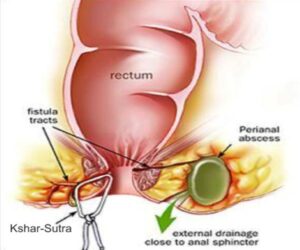
Yoga and Meditation:
Practicing yoga asanas (postures) and pranayama (breathing exercises), along with med
itation, can help improve overall health and aid in the management of stress, which is beneficial for the healing process.
DISCLAIMER: The information provided in this article is intended solely for educational purposes. Treatment decisions should be made exclusively by a well-qualified Ayurvedic physician. Self-medication is strongly discouraged.


